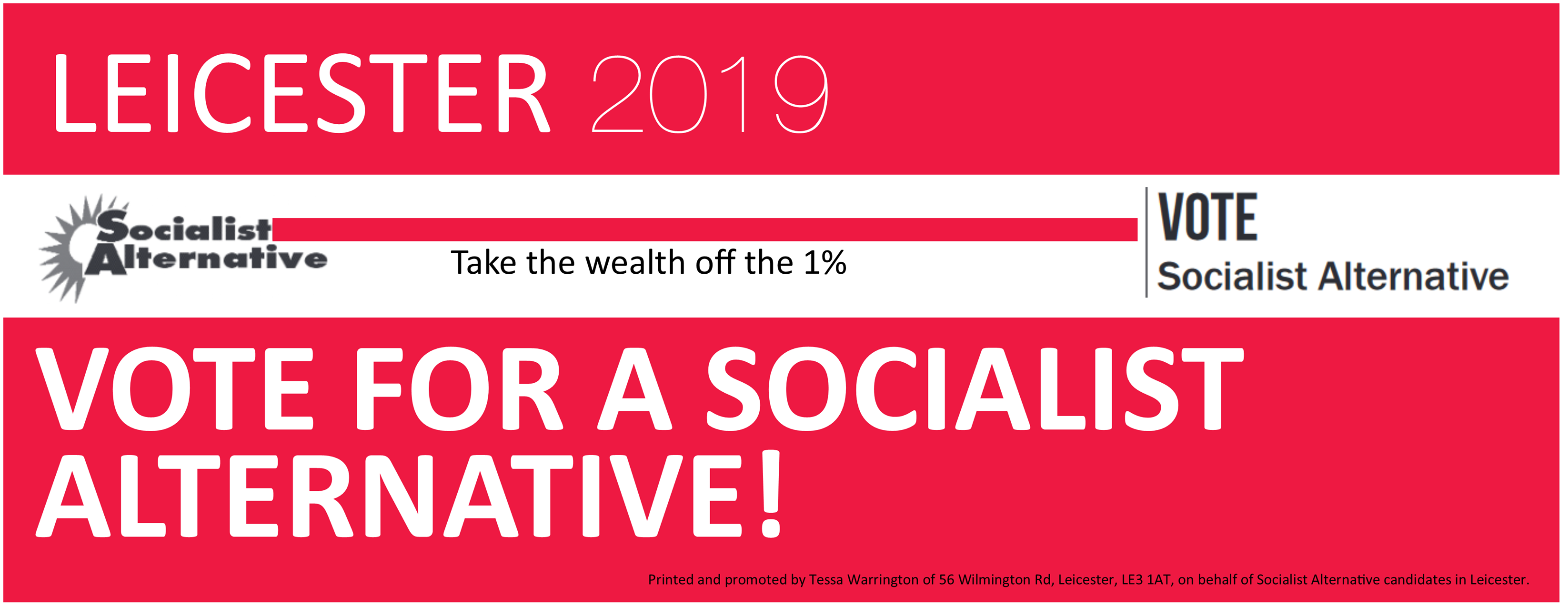Ending Slavery in Leicester
Yesterday the Leicester Mercury reported that “A new study has found the majority of the people employed in the city’s garment sector earn less than half the legal hourly rate, which is £6.50 for those aged 21 or over.”
This shocking local study on the prevalence of modern-day slavery in Leicester was produced with the support of the Ethical Trading Initiative, an alliance of companies, trade unions and NGOs that promotes respect for workers’ rights around the globe.
Yet despite this critical labour issue having been the feature of a Channel 4 Dispatches program just a few years ago, City mayor Sir Peter Soulsby was skeptical about the existence of sweatshops on his home turf. “I’d want to look very closely at the data they have got to see what they have based their figures on,” Sir Peter said to the Mercury.
Members of Leicester Independent Councillors Against Cuts (LICAC) by contrast are well aware of the existence of sweatshops in Leicester, and have already campaigned against modern-day slavery. A good example of such activism was the motion they put forward to the Labour council last year to oppose the use of exploitative workfare schemes in Leicester — a motion that was quickly rejected by all Labour councillors.
LICAC candidates standing in the local elections also support trade union calls to raise the minimum wage to £10 an hour, that is, now, not at some undefined point in the future. In this they are pleased to promote a video released earlier today by the Bakers, Food and Allied Workers Union’s (BFAWU) as part of its campaign to up pay to £10 per hour.
LICAC members in Leicester are thus echo the comments made by Ian Hodson, the national president of the Bakers Union, who said:
“Businesses and companies have the ability to enrich people’s lives and make a valuable contribution to society, yet so many of them have decided to tread the path of exploitation and misery, forcing those who work for them into a cycle of debt that they will never be able to get out of.
“If that were not bad enough, the government has targeted those at the lowest end of the pay scale and systematically demonised those in need of support – the sick the disabled and the unemployed – while protecting the companies that choose to operate in a grossly immoral fashion.
“We believe that the way to improve society is to make work pay and the minimum wage should be at least £10 an hour. We don’t believe it’s pie in the sky, it’s a living wage.”



